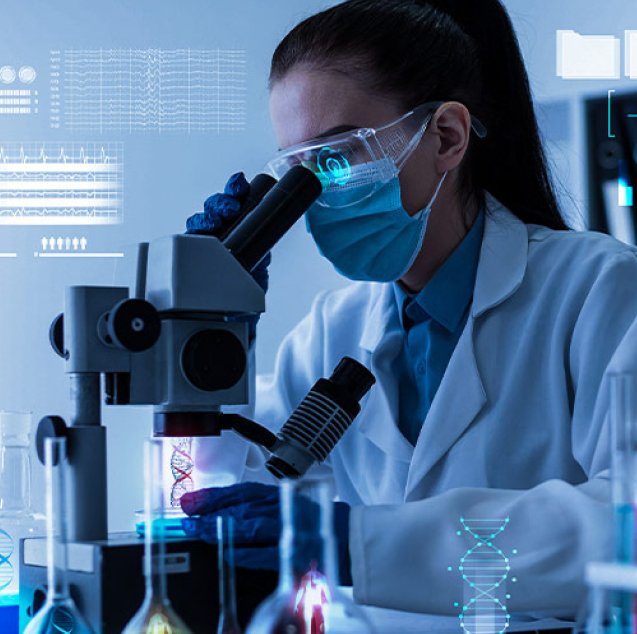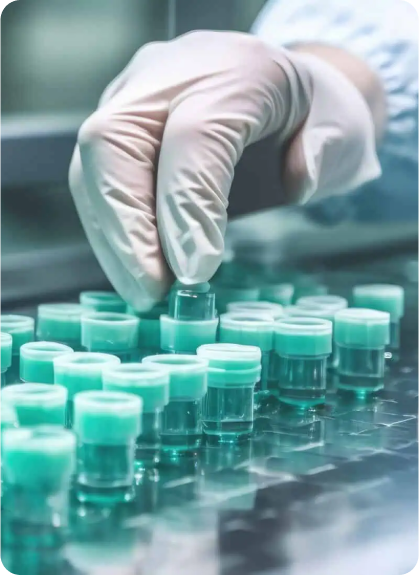India’s biotechnology sector has emerged as a key pillar of economic growth and innovation, playing a central role in healthcare, agriculture, industrial sustainability, and climate resilience. India’s bioeconomy has grown significantly from $10 billion in 2014 to $165.7 billion in 2024, reflecting a growth of 17.9%. The sector now contributes approximately 4.25% to the national GDP and is projected to cross USD 300 billion by 2030, with an ambitious target of USD 1 trillion by 2047.
The sector is structured into four major sub-sectors:
1. BioIndustrial ($78.2 Bn; 47.2%) – the largest component, spanning bioethanol, bio-based chemicals, enzymes, and applications in food processing, textiles, detergents, and technical industries.
2. BioPharma ($58.4 Bn; 35.3%) – covering vaccines, biosimilars, biologics, medical devices, and diagnostics, with India being a global supplier of affordable vaccines.
3. BioAgri ($13.5 Bn; 8.1%) – focused on genetically modified crops like Bt Cotton, biofertilizers, and precision agriculture.
4. BioIT & Research Services ($15.6 Bn; 9.4%) – includes contract research, bioinformatics, biotech software, and clinical trials, supporting India’s position as a cost-effective global R&D hub.
The sector’s regional landscape is also evolving. Southern states such as Karnataka, Telangana, and Tamil Nadu continue to lead the innovation landscape, but there is notable emergence of biotech activity in North India, with Uttar Pradesh and Delhi contributing significantly to startup growth. The establishment of biotech parks and incubators further supports startups with necessary infrastructure. In 2024, India registered over 1,500 new biotech startups, bringing the total to 10,075, supported by 95+ bio-incubators set up by DBT-BIRAC. A strong network of research institutions, universities, and industry players, alongside public-private collaborations, drives the sector's success by translating scientific discoveries into commercial products.
India is also making strides in precision health, biotherapeutics, and sustainable materials through targeted R&D. Emerging trends shaping the sector include cell and gene therapies, synthetic biology, AI in biology, and climate-resilient agriculture. With robust infrastructure, skilled talent, strong policy support through the Bio E3 policy, and a vibrant startup ecosystem, India’s biotechnology sector is well-positioned to become a global leader in sustainable innovation, contributing not only to national economic goals but also to solving global health, food, and environmental challenges.























